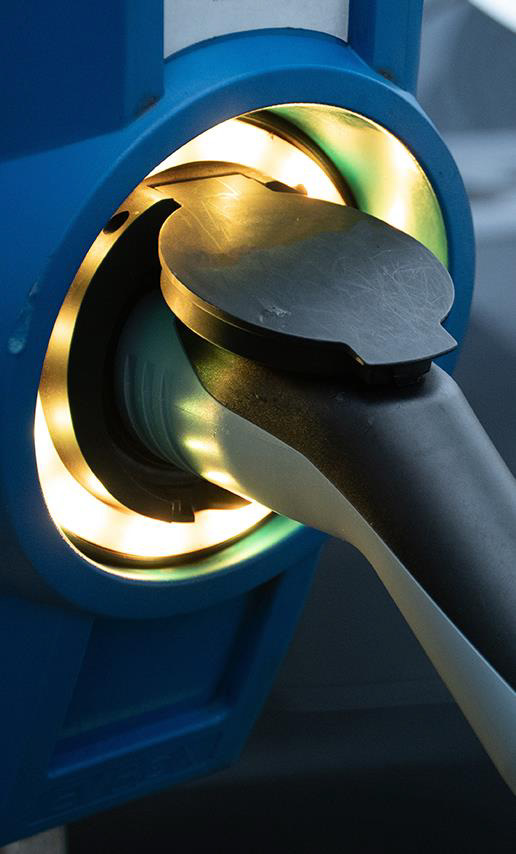


As climate change and the cost-of-living crisis battle for our attention, what are the impacts on consumer willingness to buy sustainable products?
We know that high inflation has consumers focused on finding ways to prevent their expenditure from sky rocketing. So, when record temperatures and the resulting media coverage has climate change feeling more real than ever, how big an impact is that having on consumers’ motivations and what is the net effect on their willingness to pay more for sustainability?

Recent UK temperature highs have, for the moment, heightened both the palpability and perceived urgency of climate change. And yet the intense pressure consumers feel to keep control of their expenditure means that 79% of those who were previously willing to pay more for sustainable products say they have already stopped buying them
Any psychological tension caused by the simultaneous pressures of climate change and the cost-of-living crisis are relatively easy for consumers to resolve by adopting 1 or more simple strategies
Consumers are…
PLACING THE RESPONSIBILITY FOR CHANGE ELSEWHERE
READILY ACCEPTING THAT ‘I CAN’T DO IT ALL, JUST ‘MY BIT’
SAVING MONEY AND THE PLANET SIMULTANEOUSLY
Qual: we asked 20 consumers to talk to us about what they are/are not willing to do in the interests of sustainability and how that is/isn’t changing
Quant: 500 consumers surveyed (nat rep sample)


Consumers are likely to be less willing to pay more for sustainable products for some time to come. Brands built on sustainability credentials will need to consider how they can explicitly represent good value vs ‘standard’ brands. All brands can win from helping customers adopt more sustainable choices and behaviours without it costing more

Experiencing life in the UK at 40 degrees has made the reality of climate change feel tangible in a way that data never could. And yet, at the same time, consumers are experiencing a financial squeeze which leaves the majority turning away from sustainable products in order to save money
On the one hand…
But one the other…
of consumers who used to buy sustainable products say they’ve now stopped because they’re too expensive *


Now that a cost-of-living crisis has hit, many consumers are ‘postponing’ their sustainability contributions until the financial squeeze ends. This is easier to justify if you choose to believe that the responsibility for saving the planet lies with large organisations and the super rich and that personal contributions will have little impact
of those who have stopped buying sustainable products say that sustainability will have to wait until they’re less financially squeezed*



For most people, there are changes they’re willing to make in order to live more sustainably and others which are just too big or too difficult. Rather than viewing this as hypocritical or not doing enough, consumers tend to focus on the things they are happy to change as evidence that they’re ‘doing their bit’



The need to save money is driving change which would have been unlikely for environmental reasons alone; people are cutting back on energy and water consumption, driving less, buying second hand more, eating less meat, avoiding food waste, re-thinking holidays and finding re-usable and refillable alternatives. While people are less likely to make such sacrifices and compromises when they don’t come hand in hand with saving cash, they are nevertheless celebrated as sustainability wins
of those who have stopped buying sustainable products say they’re finding cheaper or free ways to act more sustainably




Consumers will be less willing to pay more for sustainable products for some time to come. Brands built on sustainability credentials will need to consider how they can explicitly represent good value vs ‘standard’ brands. For example, through…
All brands will benefit from helping customers to…